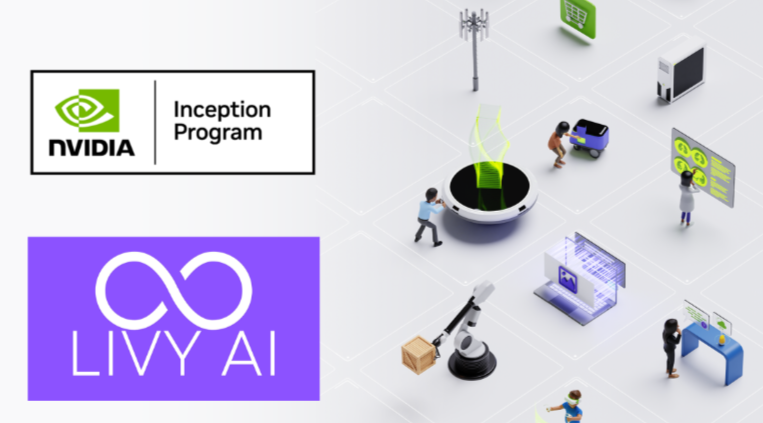
Decoding Artificial General Intelligence (AGI): The Quest for Machine Cognition
In the realm of artificial intelligence, the concept of Artificial General Intelligence (AGI) stands as the holy grail, representing a future where machines can understand, learn, and apply knowledge across a wide range of tasks, much like a human being. Unlike specialized AI, which excels in specific domains, AGI promises a versatile and adaptive form of intelligence. This technical SEO blog article delves into the intricacies of AGI, its potential impact, and the challenges it presents.
Defining AGI: Beyond Specialized AI
AGI is characterized by its ability to perform any intellectual task that a human can. It's not limited to a single niche; it's a flexible, learning, and reasoning system. This level of AI would be able to transfer knowledge and skills across different fields, from composing music to solving complex scientific problems.
The Building Blocks of AGI
To achieve AGI, researchers are exploring various approaches, including but not limited to:
- Neural Networks: Mimicking the human brain's structure to create machines that can learn from experience.
- Cognitive Architecture: Designing systems that replicate human-like reasoning and decision-making processes.
- Reinforcement Learning: Enabling machines to learn through trial and error, much like humans do.
The Path to AGI: A Multidisciplinary Approach
The journey toward AGI is a convergence of disciplines, including computer science, neuroscience, psychology, and philosophy. Understanding human intelligence in all its complexity is crucial for developing AGI systems that can genuinely think and act autonomously.
The Potential of AGI
The implications of achieving AGI are profound:
- Economic Growth: AGI could drive unprecedented efficiency and innovation across all industries.
- Scientific Advancement: With the ability to process and synthesize vast amounts of data, AGI could accelerate research in fields like medicine and climate science.
- Social Impact: AGI could address complex societal challenges, from education to global policy planning.
Ethical and Safety Considerations
As with any powerful technology, AGI raises significant ethical questions:
- Autonomy and Control: How do we ensure that AGI systems act in humanity's best interests?
- Consciousness and Rights: If AGI systems become conscious, what moral and legal rights should they have?
- Impact on Employment: AGI could lead to significant job displacement; how society adapts to these changes is of paramount importance.
The Challenges Ahead
Developing AGI is not without its hurdles:
- Computational Power: The sheer processing capabilities required for AGI are currently beyond our reach.
- Understanding Intelligence: We still have much to learn about the nature of intelligence itself.
- Alignment Problem: Ensuring AGI goals are aligned with human values remains a complex issue.
Key Takeaways
- AGI represents a form of AI that can perform any intellectual task that a human can.
- Achieving AGI requires advancements in neural networks, cognitive architecture, and reinforcement learning.
- The development of AGI is a multidisciplinary effort, drawing from various fields of expertise.
- The potential of AGI spans economic, scientific, and social domains, promising significant advancements.
- Ethical and safety considerations are critical in the development of AGI to ensure beneficial outcomes for humanity.
- The path to AGI is fraught with challenges, including the need for immense computational power and a deeper understanding of intelligence.
Artificial General Intelligence remains a visionary goal, one that inspires both wonder and caution. As we edge closer to realizing AGI, it's essential to navigate the path with a focus on ethical frameworks and societal preparedness. The future of AGI is not just about what machines can do; it's about what kind of future we want to create.

